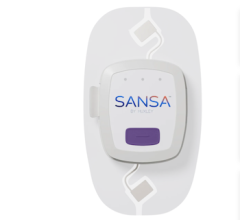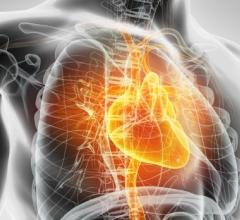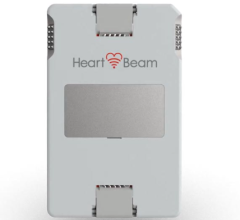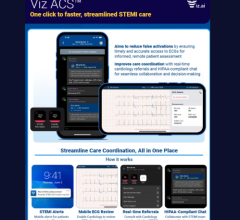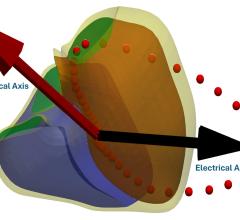Dec. 18, 2025 — Huxley Medical has announced the SANSA home sleep apnea test has received regulatory clearance from the United States Food and Drug Administration (FDA) to be used as a diagnostic ECG ...
ECG
This channel includes news and new technology innovations ECG, electrocardiogram systems. These systems are also referred to as EKG, or eletrokardiogram from the original German term, where ECG was first developed. The channel includes news on standard diagnostic ECG systems, ECG management systems, defibrillator-monitors, Holter technology, and remote and wearable ECG patient monitoring.
Jan. 8, 2026 — AccurKardia recently announced U.S. Food and Drug Administration (FDA) 510(k) clearance and the ...
Jan. 13, 2026 — AliveCor has received U.S. Food and Drug Administration (FDA) clearance for the next generation of KAI ...
Dec. 18, 2025 — Huxley Medical has announced the SANSA home sleep apnea test has received regulatory clearance from the ...
While the current positive revolution in percutaneous coronary intervention (PCI) practice has been made possible by the ...
Dec. 10, 2025 — HeartBeam, Inc. has announced that the U.S. Food and Drug Administration (FDA) has granted 510(k) ...
Dec. 15, 2025 — HeartSciences Inc., a healthcare information technology company advancing the use of ECG/EKGs through ...
Oct. 21, 2025 — Early and accurate detection of heart rhythm problems can mean the difference between life-saving ...
Technology-enabled “Insourcing” approach to cardiac arrhythmia diagnosis provides patient and provider benefits The ...
Oct. 8, 2025 — Viz.ai recently launched Viz ACS, a new solution in the Viz Cardio Suite. Designed to unite the acute ...
Sept. 23, 2025 — Ultromics, a pioneer in AI-driven cardiology solutions, has announced findings from its new study on ...
Sept. 4, 2025 — Royal Philips has introduced a new telemetry platform designed to help address critical challenges in ...
When the patients of Michael Boler, M.D. need cardiac monitoring, the Holter monitor is no longer his first choice. “The ...
Aug. 14, 2025 — During HeartBeam, Inc.'s second quarter 2025 earnings conference call, the medical technology company ...
Aug. 5 — HeartBeam, a cardiac technology company, has secured two new U.S. patents that significantly enhance its ...
July 24, 2025 — Royal Philips has announced a collaboration with Epic to integrate Philips’ suite of cardiac ambulatory ...
Apple created a stir when it announced in 2018 that its Apple Watch Series 4 was the first consumer health and fitness ...
July 22, 2025 — HeartBeam, Inc., a medical technology company focused on transforming cardiac care by providing powerful ...
July 17, 2025 — Royal Philips, a global leader in health technology, has launched the Philips ECG AI Marketplace, a ...
July 10, 2025 — A study led by scientists at King's College London has revealed how the physical orientation of the ...

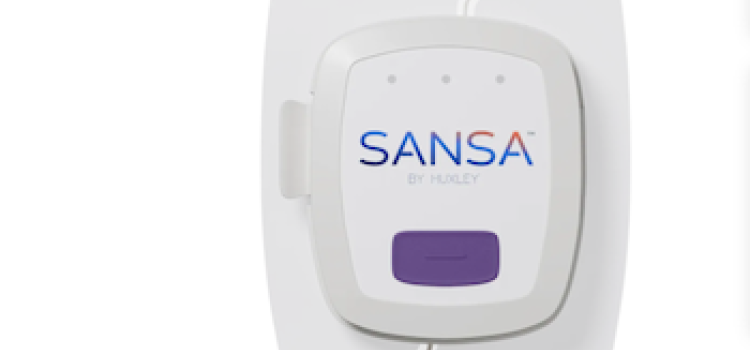
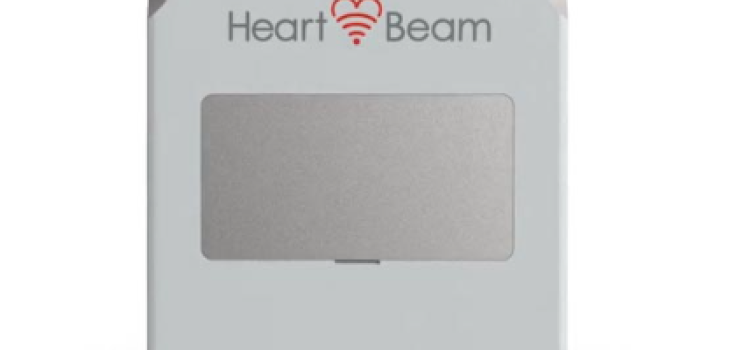
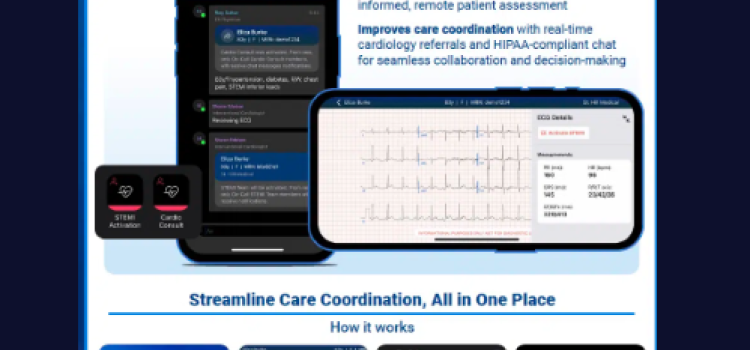

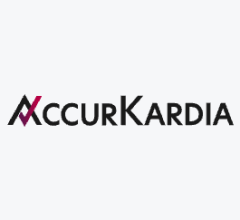
 January 15, 2026
January 15, 2026

